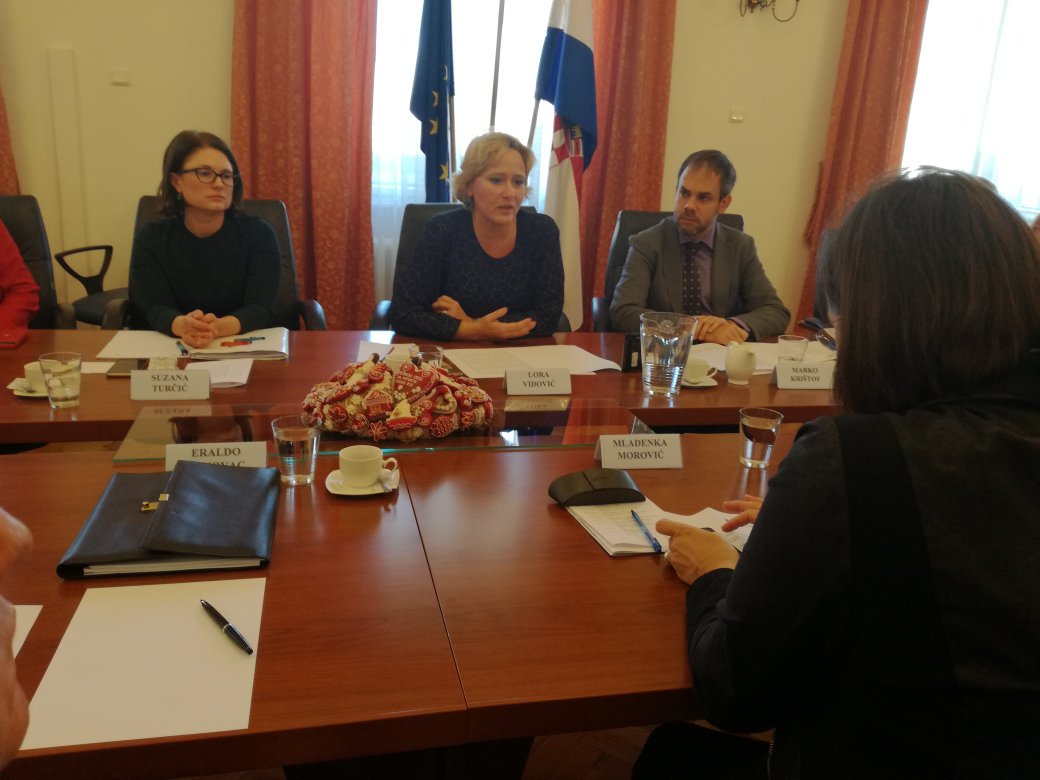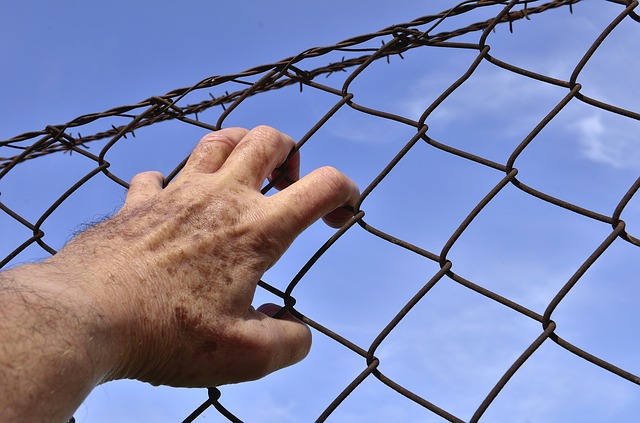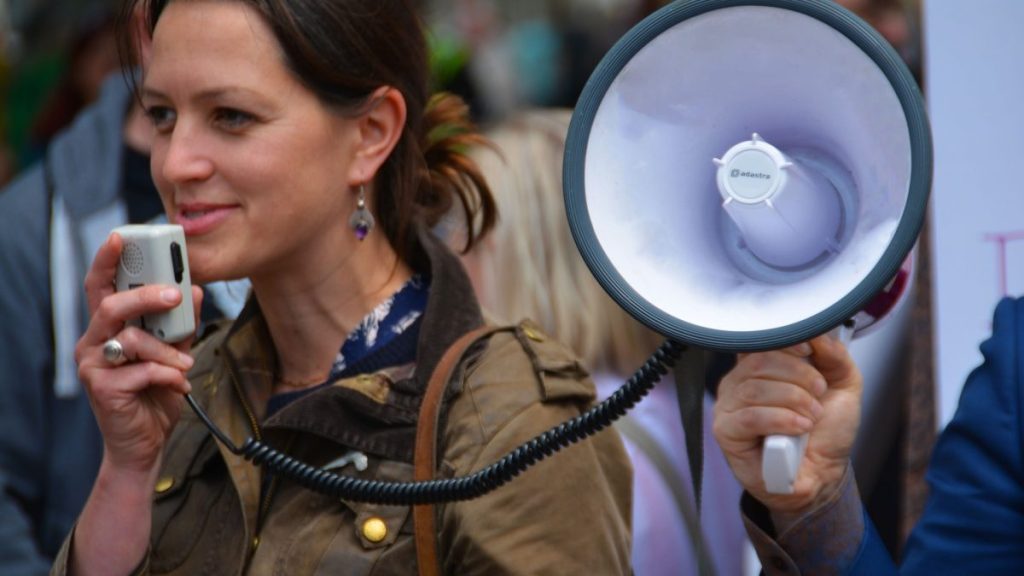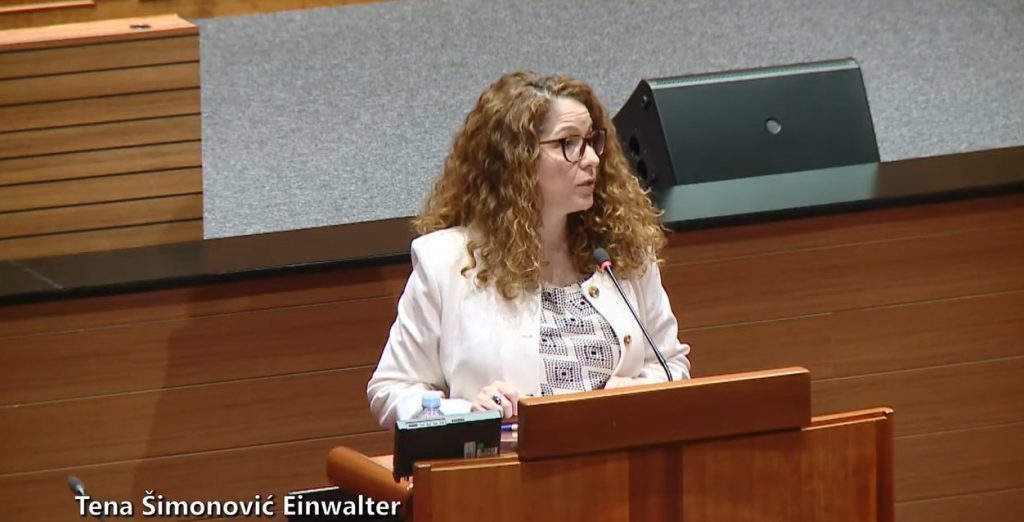Poverty is an enemy of human rights and states are successful to the extent on how much they look after the most vulnerable, said Ombudswoman Lora Vidović at the opening of the conference on energy poverty, that she organised on the occasion of the International Day for the Eradication of Poverty and Social Exclusion. We are all witnessing the scale of poverty around us, and the official data confirm it: “19,5% of people in Croatia are in risk of poverty and 9,3% cannot afford adequate heating in winter season”, stated Marko Krištof, Head of the Croatian Bureau of Statistics.
„Energy poverty is a special form of poverty and Croatia does not have a comprehensive policy against it – no definition adopted, no threshold set, no indicators for measurement and monitoring established”, warned Ombudswoman Vidović. She added that using only the short-term damage control measures cannot help persons who live in energy poverty, and those long-term, sustainable and efficient are needed. “This is necessary for eradication of all consequences the poverty might cause to the health, work ability, family and social relations”, she concluded.
Therefore, the participants welcomed the new measures announced by the representative of the Ministry of Environment and Energy, Dean Smolar. „Three programmes are planned, to be financed by the state budget and EU funds, including counselling of clients at risk as well as implementation of energy-efficient measures in households in risk of poverty, said Smolar. Diana Horvat from the Ministry of Construction and Spatial Planning added that the amount of 30 million Euro is planned for family houses reconstruction and that the money would for the first time be allocated according to the welfare criteria as well.
Ombudswoman has been monitoring the public policies and their impact on eradication of energy poverty since 2014 and has made number of recommendations in her 2016 Annual Report to the Croatian parliament. Some of those, as heard during the conference, shall be implemented including introduction of welfare criteria while allocating sources for energy reconstruction.





